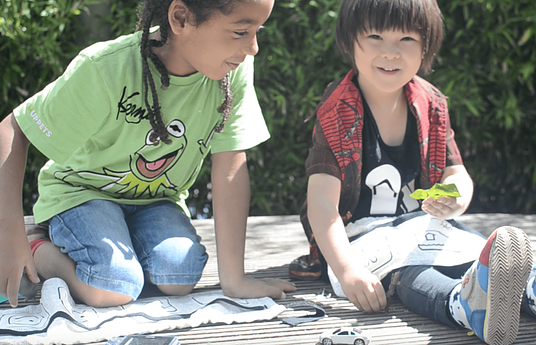I created Dalit Rising to tackle the systemic discrimination, poverty and lack of education access faced by Nepal's most marginalized Dalit community. Witnessing the stark inequalities and deprivation Dalit families were trapped in, a sustainable solution required integrated approach that empowered from within. This model creates an enabling environment for real social mobility through education.
Its a comprehensive community-driven model operating in underserved Dalit settlements. At the core are 20 women self-help groups of around 25 members each. These groups receive intensive training on financial literacy including savings, budgeting, entrepreneurship and managing microfinance activities. Based on market, vocational skills training is provided in poultry farming and vegetable cultivation.
The groups establish their own saving and lending mechanisms, utilizing interest-free loans to start small enterprises. Dalit Rising facilitates linkages with micro-finance institutions and input suppliers for sustaining these income generation activities. In parallel, we provide direct educational support to 200 Dalit children at risk of dropping out due to poverty. This includes school enrollment assistance, nutritious mid-day meals, after-school tuition classes and formation of child clubs focused on creative expression.
The income complements the direct education support.
Since 2020, we have directly reached 500 Dalit families across 2 wards in Nepal's Kavre district. Within just 2 years, we have mobilized 20 women's self-help groups with 500+ members participating in savings, lending and vocational activities.
200 Dalit children, who were out-of-school, now receive education through our support. Recently, we provided starter kits of 35 chicks each to 20 members after poultry farming training. They are supplying eggs locally, generating steady incomes. Our child clubs have emerged as platforms fostering creativity and confidence.
We aim to deepen engagement introducing literacy programs and strengthening our advocacy efforts. Goal is to expand to 2 more wards and reach 1000 families by 2026, while influencing policy changes for Dalit inclusion.
Conduct needs assessment
Mobilize communities into self-help groups focused on savings, financial literacy and vocational skills
Facilitate school enrollment, provide support according to need
Offer context-specific vocational training to women's groups
Support groups to establish savings/lending activities and linkages with financial/input institutions



